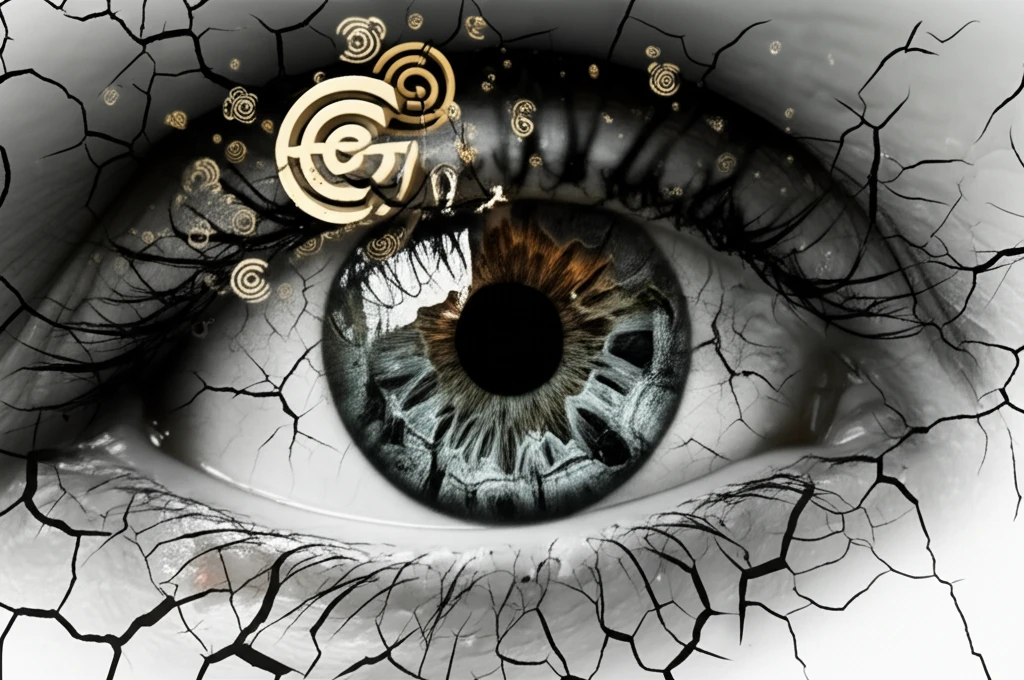
Is Your Dry Eye Linked to More Than Just Screen Time? Uncover the Hidden Connections
"New research reveals the surprising links between dry eye disease, mental health, and lifestyle factors in Korean adults—and what it means for you."
Dry eye disease (DED) is a common condition affecting millions worldwide. Characterized by discomfort, visual disturbances, and tear film instability, DED is more than just an occasional annoyance. Traditional understanding focuses on tear production and eye lubrication, but emerging research suggests a deeper, more complex picture.
Recent studies highlight a potential connection between DED and various psychological and lifestyle factors. Depression, anxiety, and even attention deficit hyperactivity disorder (ADHD) may play a significant role in the development and severity of dry eye symptoms. This new perspective challenges the conventional wisdom and opens doors for more holistic treatment approaches.
This article explores the groundbreaking research conducted in Korea that examines the relationship between DED and mental health. We will delve into the findings, discuss the implications, and provide practical advice on how to address these interconnected issues for improved eye health and overall quality of life.
The Surprising Links: Unpacking the Research on Dry Eye, Mental Health, and Lifestyle

A recent study in Korea investigated the potential links between dry eye disease and several psychological and lifestyle factors. Researchers compared a group of individuals experiencing dry eye symptoms with a control group, assessing factors like depression, anxiety, ADHD, job stress, and sleep problems. The results revealed some striking correlations.
- Ocular Surface Disease Index (OSDI): To measure the impact of dry eyes on vision-related quality of life.
- Center for Epidemiological Studies-Depression Scale (CES-D): To assess the degree of depressive symptoms.
- Korean Adult Attention Deficit Hyperactivity Disorder Scales (K-AADHS): To evaluate ADHD symptoms in adults.
- The Korean version of Pittsburgh Sleep Quality Index (PSQI-K): To measure sleep quality over the past month.
- The Korean Occupational Stress Scale-Short Form (KOSS-SF): To understand unique and specific occupational stressors.
A New Perspective: Why Treating the Whole Person Matters for Eye Health
The findings from this research emphasize the importance of considering the interplay between physical and mental well-being in managing dry eye disease. Simply treating the ocular surface may not be enough for many individuals. A more comprehensive approach that addresses underlying psychological and lifestyle factors is essential for long-term relief.
